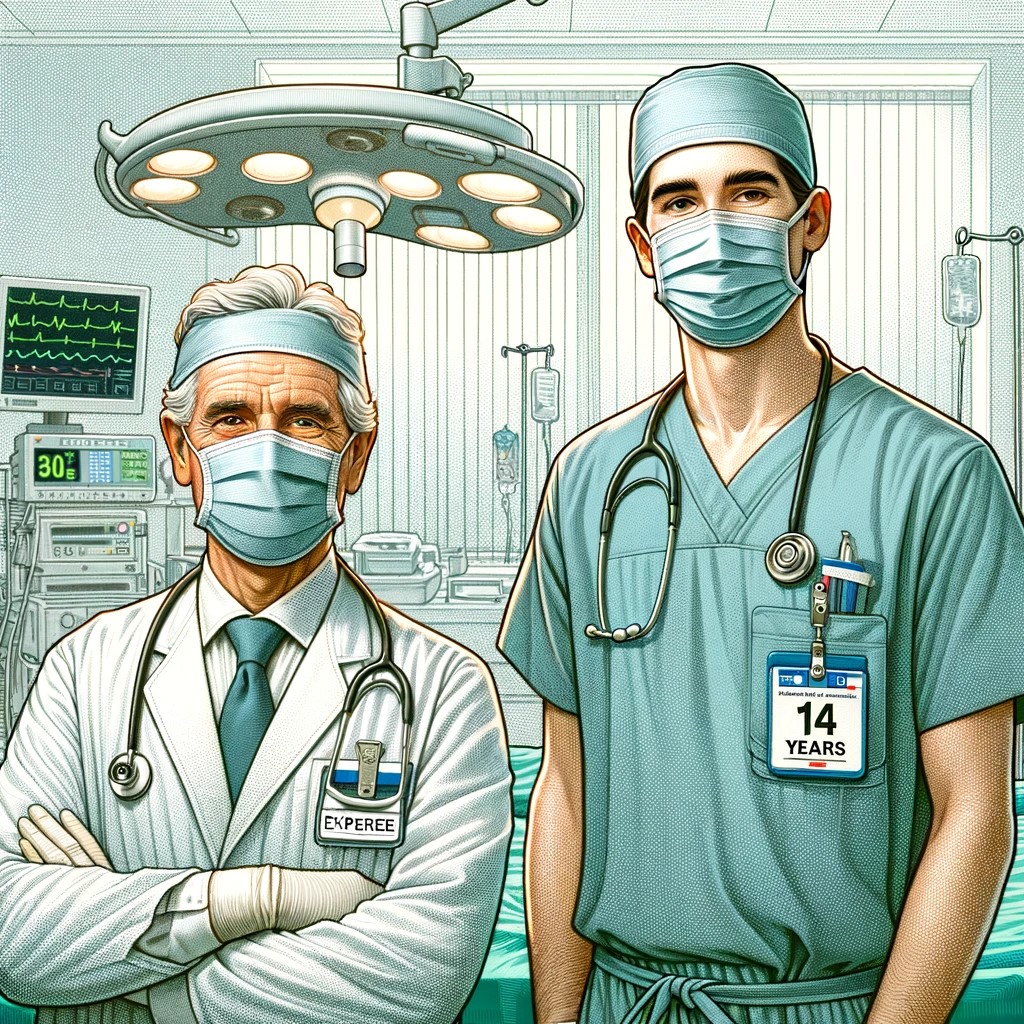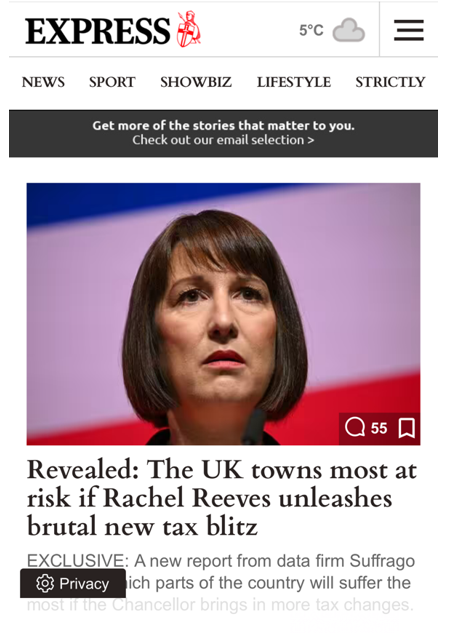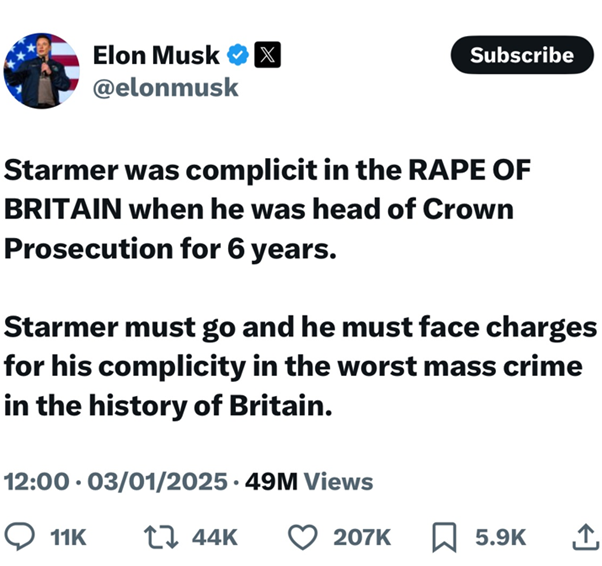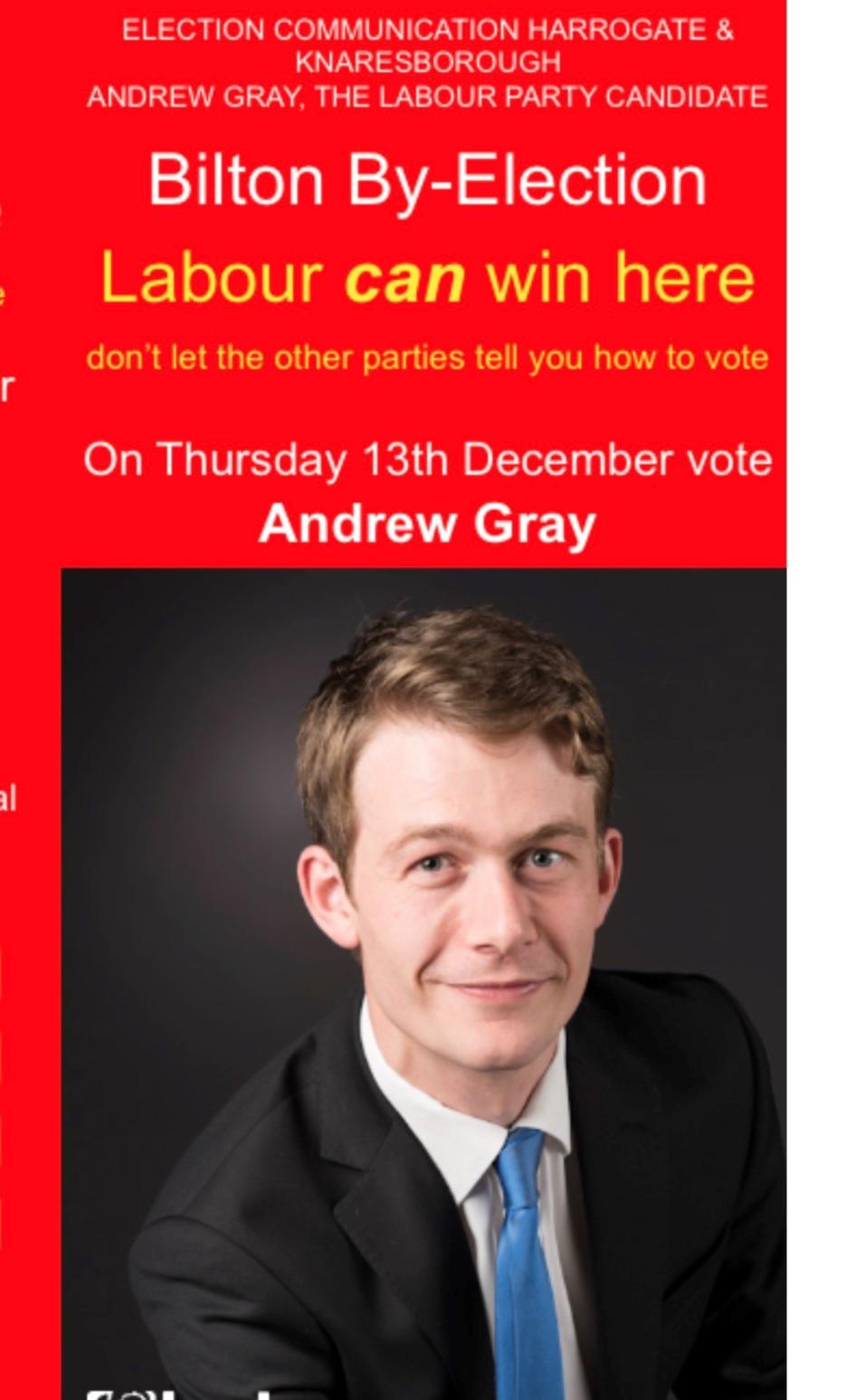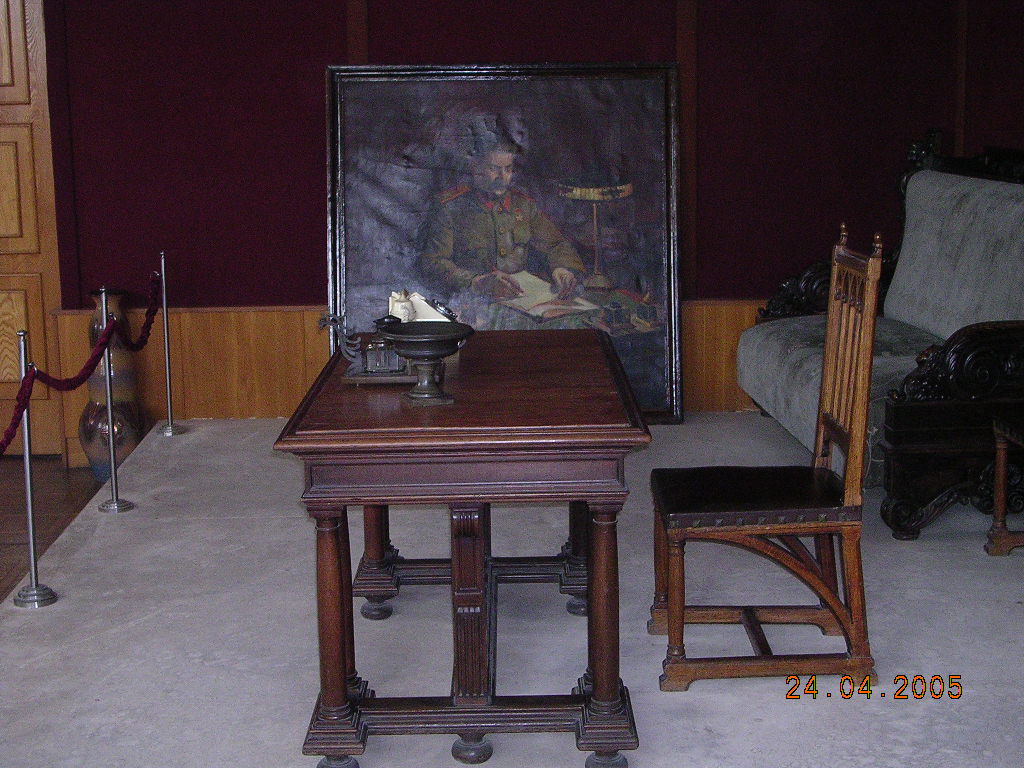Imagine that you require some serious non-standard surgery of the general anaesthetic-requiring type. Imagine that two surgeons visit your hospital bed vying for the right to perform this procedure of uncertain outcome, both with the same diagnosis and plan. Both have studied at the same university and both trained under the same professors.
What separates these two surgeons is that one is recently qualified, whereas the other has been performing surgery for 14 years.
Now the experienced surgeon has a chequered history, but he has, of late, finally found the straight and narrow. And in all fairness to this experienced surgeon, they were dealt some tricky situations and somehow muddled through, with the scars to prove it.
So, if your life depended on it, which surgeon would you choose? Or, imagine that it’s your child who is in need of this life-saving operation. Who will be operating on your child?
In simplistic terms, that’s how I feel about the choice between the Tories and Labour in this forthcoming general election.
Writing in The Times, Matthew Parris, former Tory MP and adviser to Margaret Thatcher, one of the loudest, most articulate critics of his Conservative Party, wrote the following when he was weighing up who to vote for:
“The choice on July 4 will be between two parties with — by international and historical standards — remarkably similar proposals to make for our governance. Both believe in a substantial safety net provided by welfare and funded by substantial taxation. Both believe in a liberal free-market economy constrained by some state regulation. Both believe in a universal health service to which poverty must never deny you access. Both believe in decent pension provision for all. Both believe in free state education. Both believe in free speech, freedom of association, and access to justice. Neither believes in open borders for immigrants. Both believe in a similar level of defense spending. Both believe in an independent nuclear deterrent.”
His analysis of the similarities between Labour and the Tories is accurate, I’d say.
But what he doesn’t say, though, is that what separates the two is that the Tories are experienced in governing; they know how the country functions; their ministers inevitably have a better grasp of their departments than their respective Shadows in the Labour Party. If Labour wins, the new ministers and advisers will spend the first months exploring their vast departments.
Tony Blair made this point in his autobiography. In it, he says that when the British people gave him a whopping majority in 1997, he hadn’t served as a minister before and only several members of his cabinet had played a junior role in the previous Labour government, 18 years before. Blair said of himself that he frankly didn’t know what he was doing when he started, perplexed that the British people couldn’t see that he was an imposter.
But when he was ejected in 2007, Blair claimed to be at the height of his competency, thanks to his experience. Towards the end of his premiership, he said he understood how to use the levers of power internally and he had solid relationships with international leaders. Even though I was no fan, when I hear Blair speak today, I wish he was in the cabinet.
Looking at my own life, I know that the more I have done something, particularly parenthood and lawyering, the better I’ve become at it. Surely this is true of ministers of state, too.
It follows, then, that if you believe that your only real choice is between Labour or Conservative, given the similarities of policies, on experience alone it would be wise to vote Tory.
Personally, though, I’ll be voting for neither, for taking the surgery hypothetical, I believe that the diagnosis of the surgeons was wrong.
(The image is generated by AI. I didn’t ask for two males. Note that AI gave the younger-looking one the badge with “14 years” on it).
